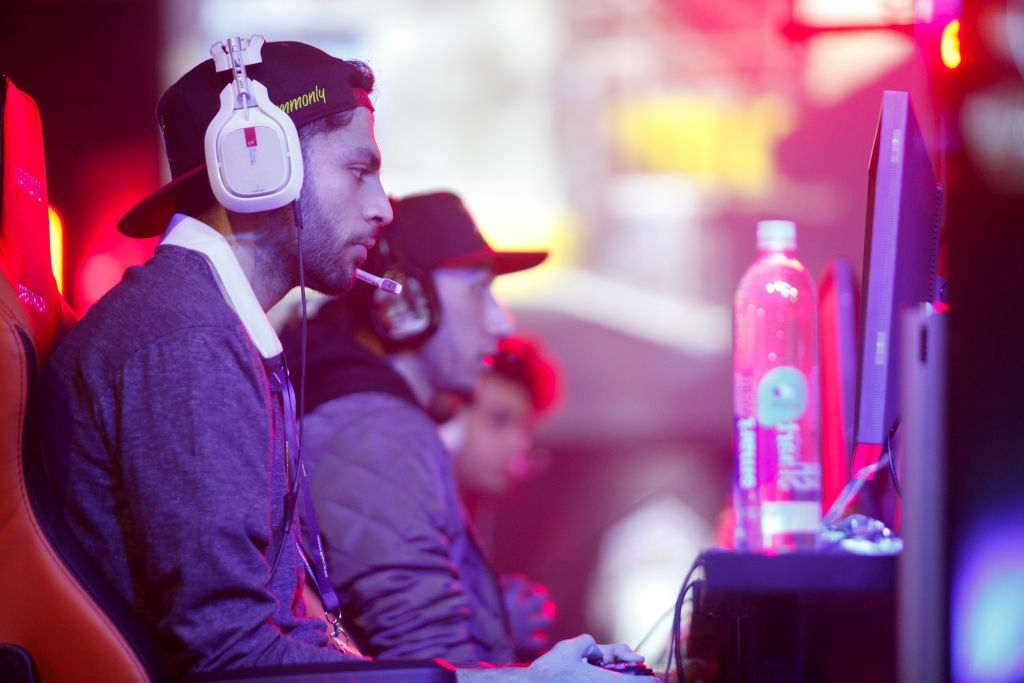Sony snaps up Halo maker Bungie for £2.7bn following wave of video game deals

Sony has snapped up “Halo” creator Bungie in a deal valued at $3.6bn (£2.7bn), adding to the latest in a wave of consolidation sweeping the gaming sector.
Early in January, Microsoft offered nearly $70bn (£50bn) to buy Call of Duty maker Activision Blizzard , while Grand Theft Auto maker Take-Two bid $11m (£8.2m) for “Farmville” maker Zynga.
Bellevue, Washington-based Bungie, which worked on the Halo videogame series when owned by Microsoft, separated from the software giant to go private in 2007.
It has worked on a number of titles including “Marathon” and “Myth” and will be joining Sony’s PlayStation lineup, the company said in a blog.
The acquisition will allow the PlayStation console maker to reach more players with new games in a competitive space where it is toe-to-toe with Microsoft’s Xbox consoles.
“This is an important step in our strategy to expand the reach of PlayStation to a much wider audience,” said Jim Ryan, who heads Sony Corp’s unit which is responsible for the PlayStation brand.
The video game space is consolidating rapidly to tap a surge in demand created by the pandemic, with new deals blurring the lines between PC and mobile gaming companies as these firms hunt for new revenue streams.
The sector is racing to a new record of $150bn in deals, financing and IPOs this year, according to investment banking firm Drake Star Partners.
Sony acquired six gaming companies in 2021, including “God of War” maker Valkyrie.
Bungie will be an independent unit of Sony and run by its board chaired by chief exec Pete Parsons and team.
Neil Campling, head of TMT research at Mirabaud Equity Research, said: “Just like CoD under the Microsoft Umbrella, so Destiny and other Bungie titles make the most sense to keep them on multiple platforms.”
“Head of Sony gaming, Jim Ryan, has said that future Bungie releases will be multiplatform, PlayStation needs their live-service expertise and they plan an aggressive roadmap with live services. If nothing else, when the leading console platforms own huge content and IP, and when the point of access becomes less important; then content really is king… and it also keeps each other ‘honest’ with offering cross-platform play.”